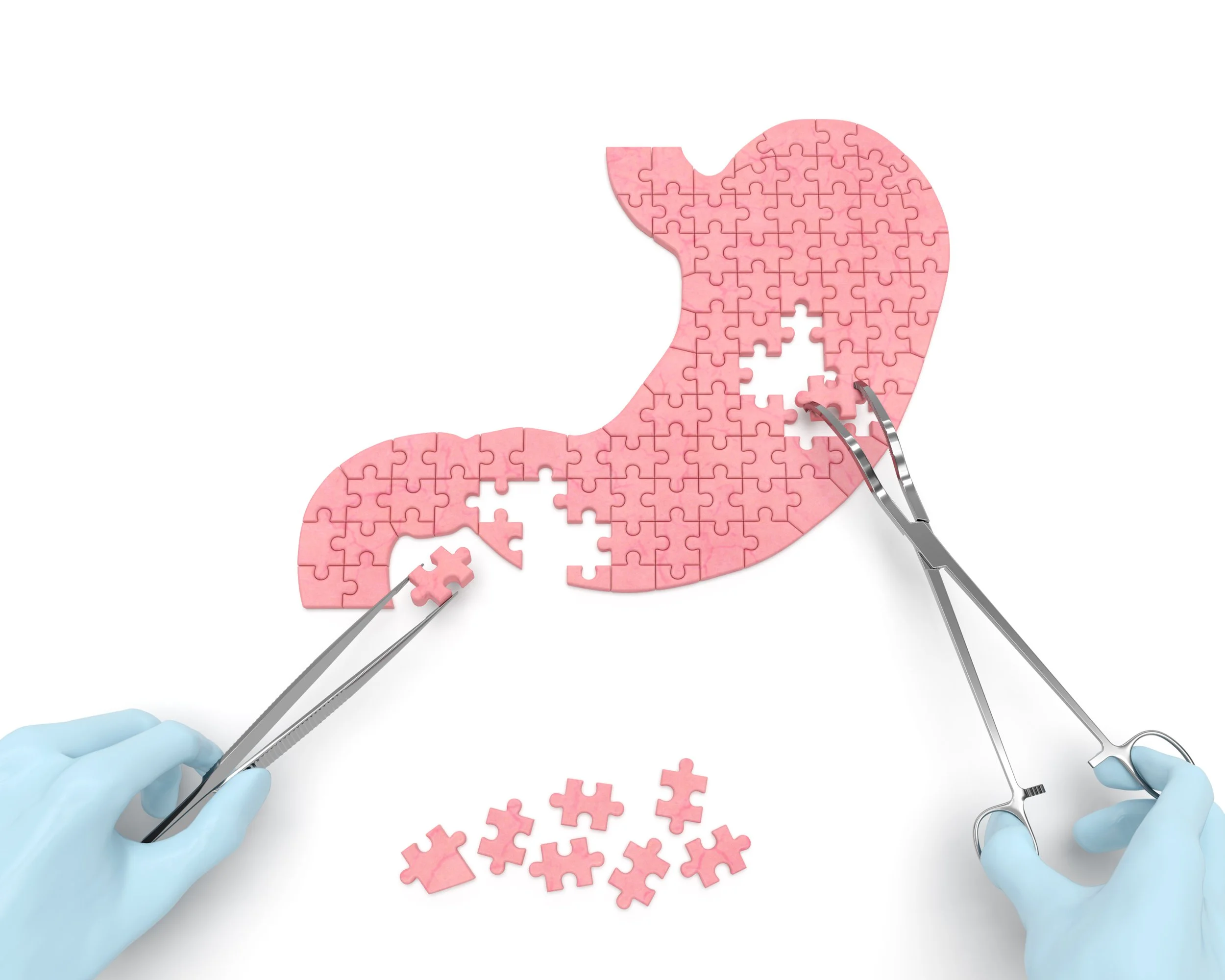Achalasia is a rare esophageal disorder that prevents the esophagus from emptying properly. It makes swallowing difficult and impedes your ability to pass food and liquid from your esophagus to your stomach. Achalasia is the result of damaged nerve fibers in the esophagus.
Read MoreMany of our patients ask us: can GERD cause anxiety and panic attacks? While most of us imagine anxiety triggers as being more subliminal, the threat of an acid reflux attack can be and is crippling to some people. In this blog, we’re going to explore why GERD and anxiety might be linked and answer the questions “does GERD cause anxiety” and “how do I overcome anxiety and GERD?”
Read MoreAre you or a loved one struggling with persistent acid reflux? Do you need to rely on antacids and over-the-counter (OTC) acid reducers just to function? If so, you might need to address your symptoms with a surgical repair before they lead to something worse. In this blog, we’ll be answering the following common questions we hear at the Tampa Bay Reflux Center: is surgery necessary for GERD, is surgery the only way to fix GERD, and what is the success rate of GERD surgery?
Read MoreAre you suffering from the daily woes of GERD? If so, you’ve probably tried many different things, including medications like famotidine and omeprazole. If you find that you’re still popping antacids, even after these medications, it’s time to seek out a better solution! In this blog, we’re going to take a look at the pros and cons of reflux surgery. We’ll also answer some common questions: how successful is surgery for acid reflux, how long does acid reflux surgery last, and when should I get acid reflux surgery?
Read MoreWhen reflux happens in the esophagus, most people experience it as painful heartburn. This type of reflux is typically referred to as “acid reflux”, and it’s fairly common in the US, especially in patients with GERD. Acid reflux isn’t the only type of reflux, though. Laryngopharyngeal reflux happens when stomach acid backs up all the way into the voice box (larynx) or throat (pharynx). The larynx and pharynx are much more sensitive to stomach acid than the esophagus is, and this type of reflux results in a myriad of symptoms. Laryngopharyngeal reflux is often referred to as “silent reflux” because in many patients it doesn't present with typical reflux symptoms like heartburn, making it difficult to identify.
Read More





